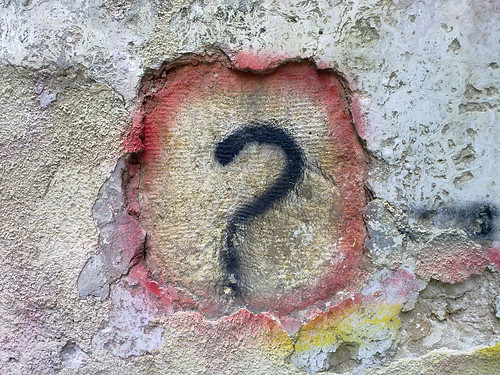In 2012, Henry Jenkins approached Mimi Ito and I with a crazy idea that he’d gotten from talking to the folks at Polity. Would we like to sit down and talk through our research and use that as the basis of a book? I couldn’t think of anything more awesome than spending time with two of my mentors and teasing out the various strands of our interconnected research. I knew that there were places where we were aligned and places where we disagreed or, at least, where our emphases provided different perspectives. We’d all been running so fast in our own lives that we hadn’t had time to get to that level of nuance and this crazy project would be the perfect opportunity to do precisely that.
 We started by asking our various communities what questions they would want us to address. And then we sat down together, face-to-face, for two days at a time over a few months. And we talked. And talked. And talked. In the process, we started identifying themes and how our various areas of focus were woven together.
We started by asking our various communities what questions they would want us to address. And then we sat down together, face-to-face, for two days at a time over a few months. And we talked. And talked. And talked. In the process, we started identifying themes and how our various areas of focus were woven together.
Truth be told, I never wanted it to end. Throughout our conversations, I kept flashing back to my years at MIT when Henry opened my eyes to fan culture and a way of understanding media that seeped deep inside my soul. I kept remembering my trips to LA where I’d crash in Mimi’s guest room, talking research late into the night and being woken in the early hours by a bouncy child who never understood why I didn’t want to wake up at 6AM. But above everything else, the sheer delight of brainjamming with two people whose ideas and souls I knew so well was ecstasy.
And then the hard part started. We didn’t want this project to be the output of self-indulgence and inside baseball. We wanted it to be something that helped others see how research happens, how ideas form, and how collaborations and disagreements strengthen seemingly independent work. And so we started editing. And editing. And editing. Getting help editing. And then editing some more.
The result is Participatory Culture in a Networked Era and it is unlike any project I’ve ever embarked on or read. The book is written as a conversation and it was the product of a conversation. Except we removed all of the umms and uhhs and other annoying utterances and edited it in an attempt to make the conversation make sense for someone who is trying to understand the social and cultural contexts of participation through and by media. And we tried to weed out the circular nature of conversation as we whittled down dozens of hours of recorded conversation into a tangible artifact that wouldn’t kill too many trees.
What makes this book neat is that it sheds light on all of the threads of conversation that helped the work around participatory culture, connected learning, and networked youth practices emerge. We wanted to make the practice of research as visible as our research and reveal the contexts in which we are operating alongside our struggles to negotiate different challenges in our work. If you’re looking for classic academic output, you’re going to hate this book. But if you want to see ideas in context, it sure is fun. And in the conversational product, you’ll learn new perspectives on youth practices, participatory culture, learning, civic engagement, and the commercial elements of new media.
OMG did I fall in love with Henry and Mimi all over again doing this project. Seeing how they think just tickles my brain in the best ways possible. And I suspect you’ll love what they have to say too.
The book doesn’t officially release for a few more weeks, but word on the street is that copies of this book are starting to ship. Check it out!
